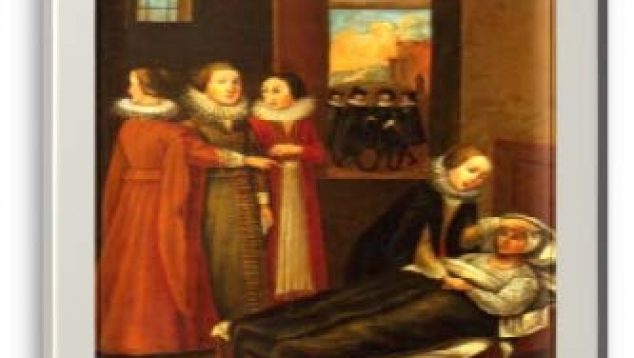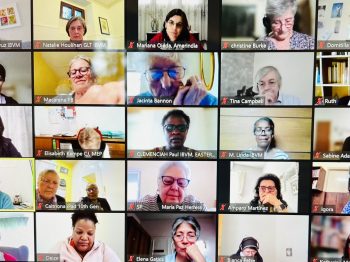MARY WARD: A WOMAN FOR THE CHURCH
Mary Ward burned with the desire to give faith to people. She was a true symbol for the Church by bringing hope in hopeless situations. In September 1609, while in England, she engaged in helping souls: preparing people for the sacraments and tending the sick, of which the saint of our time, Padre Pio of Pietrelcina once said, “Jesus Christ is twice present in the poor and the sick”. Mary Ward assisted priests in hiding to administer the sacraments. She enthusiastically taught catechism during persecution of the Church in England. Mary Ward’s life offers us a sure spiritual model to emulate. Just like our Blessed Virgin Mary who proclaimed the greatness of the Lord in her Magnificat, Mary Ward also expressed her Magnificat by bringing and living the Gospel of hope in the way she loved the Church.
Mary Ward remained faithful to her mission in the love of Christ.
In our time today we are being invited by the Lord to restore hope like Mary Ward, to the hopeless, the persecuted, the sick, especially those affected by coronavirus, the marginalized, migrants and refugees. It is for this reason that Saint Theresa of Calcutta once remarked that Mary Ward was God’s gift to the Church and society. As followers of Mary Ward, we cannot and should not shy away from critical issues of our time: fighting disease, fight against racism, protecting our ‘common home’, reaching out to trafficked people, orphans, the hungry and the dying. This is one outstanding virtue of Mary Ward: preaching through love in action not just word. Indeed, Mary Ward walked the talk.
As Mary Ward family, God is inviting us in oneness to serve others for his greater glory. We need to make our hands dirty by getting into contact with God’s people right on their turf. We are challenged to go beyond structural boundaries so as to reach out to everyone, without segregation. Indeed the joy and hope and grief and anguish of the men and women of our time especially those who are poor or afflicted in any way, should be the joy and hope, the grief and anguish of the followers of Christ as well (cf. Vatican II, Pastoral Constitution on the Church in the Modern World, no 1).
We are consecrated women, friends and companions sent to be the prophetic voice and sign of God. May the example of Mary Ward help us to be channels of hope and vehicles of oneness in the love we have for Christ and the universal Church.











